Years before Tom Cruise began running faster than Olympic sprinters, there was the Mission: Impossible TV series. The show aired from 1966 to 1973 on CBS, before being revived in the late ’80s by ABC. Like the movies, it centered on the Impossible Missions Force (IMF) — a secret spy organization that kept the world safe by taking on dictators, corporate villains, and Communist-leaning criminal masterminds. However, this IMF had no Ethan Hunt. It was led by Dan Briggs in Season 1 and Jim Phelps in later seasons.
Mission: Impossible
- Release Date
-
1966 – 1973-00-00
- Network
-
CBS
- Directors
-
Reza Badiyi, Lee H. Katzin, Leonard Horn, Leslie H. Martinson, John Llewellyn Moxey, Paul Stanley, Charles R. Rondeau, Alexander Singer, Sutton Roley, Gerald Mayer, Virgil W. Vogel, Murray Golden, Marvin J. Chomsky, Lewis Allen, Richard Benedict, Bernard L. Kowalski, Michael O’Herlihy, Alf Kjellin, Georg Fenady, Robert Totten, Marc Daniels, Terry Becker, Robert Gist, Ralph Senensky
-

-

Barbara Bain
Daniel Briggs
-

Greg Morris
Cinnamon Carter
-

Peter Lupus
Barney Collier
All seven seasons of Mission: Impossible are available to view on Paramount+. For the longest time, the series held the record for the longest espionage show (171 episodes). Later, the record was eventually broken by the popular 2000s FOX series, 24. Today, the spy thriller has been forgotten, mainly because of the great work done by Tom Cruise in the film series, but it’s a brilliant production, capable of pleasing the modern viewer. And it does a few things better than the movies.
6
A Greater Sense of Teamwork
The TV show and the movies focus on the Impossible Missions Force (IMF), where each member brings a different skill set. On the big screen, much of the glory and responsibility is reserved for Tom Cruise’s character, Ethan Hunt. Need a diver? Need a pilot? He can do it all. On the small screen, each member of the team gets an equal share of the screen time. The protagonists aren’t know-it-alls either. The team is frequently supplemented by external specialists.
An Ethan of All Trades
It would be irrational to rant about Tom Cruise getting all the spotlight. After all, the franchise is his adopted baby, and he has had custody for years now. On top of that, he is the world’s last ‘true’ movie star, and always pushes himself to the limit for our entertainment. However, the series is more realistic in its depiction of real-world spy work because it is more about teamwork than individual brilliance. Most missions require an excessive amount of collaboration to be completed.
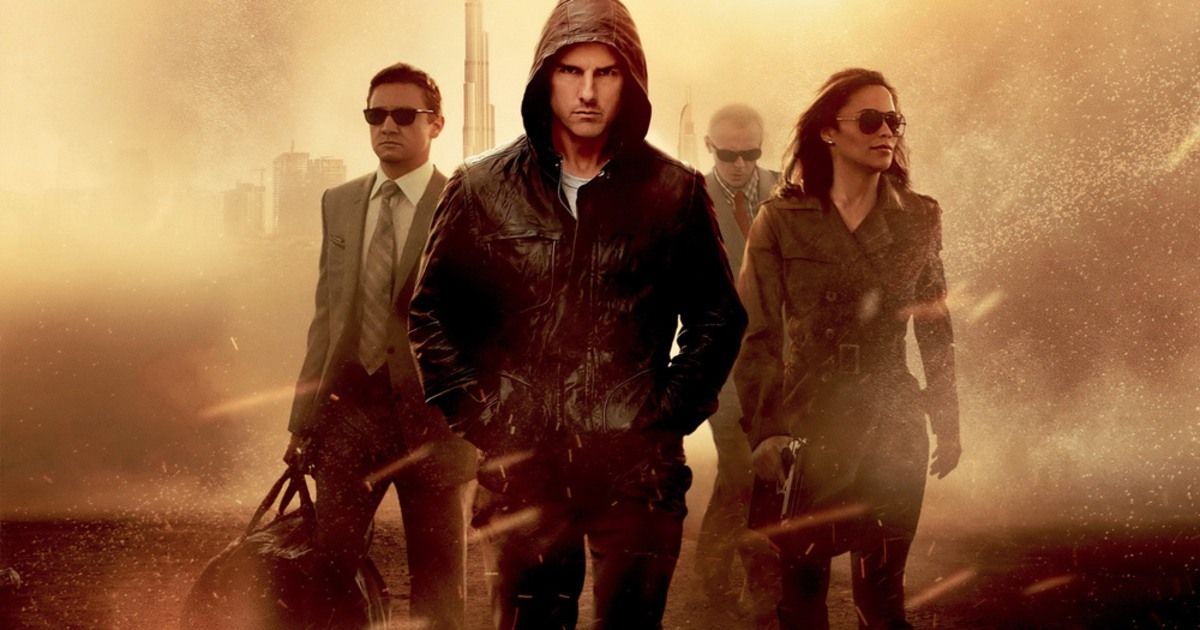
Related
Mission Impossible: 10 Actors Almost Cast in the Franchise
As one of the most popular franchises ever, it’s no surprise that many actors have wanted to star in a Mission Impossible movie.
5
More Interesting Plots
For years, the film series has wowed us with interesting plots involving concepts like the Rabbit’s Foot and The Entity. However, episodes of the TV show were more creative. For example, one involves an organization that pretends to offer notorious criminals a way out of the country, only to brainwash them and steal from them. There’s another where a deputy Prime Minister uses a look-alike actor to cover up the real Prime Minister’s death. His goal? To make the look-alike endorse him as the next leader.
Mind Games
For the most part, the show takes the cerebral path, prioritizing psychological games, deception, and well-orchestrated cons over endless action. Because of this approach, it feels more intellectually stimulating compared to the movies. Again, the show’s approach comes off as more practical, since you are more likely to be fooled by a spy rather than meet one who is sprinting across the street or engaging in chases on the highway.
4
Greater Performances and Production Design
The movies look good. Cruise, Rhames, and Pegg are also excellent in their roles. But are they better performers? And is the production design better? It’s debatable, but the spy series is arguably superior, judging from award recognition. The Paramount flicks have never received any major accolades. On the other hand, the ’60s production was nominated for over 50 Emmys and Golden Globes for performances, art direction, and musical composition.
More Than Entertainment
The Mission: Impossible movies are plagued by the common blockbuster problem where they come off as more “popcorn” in nature rather than artistic. Award organization judges have thus never seen them as something worth considering when looking for productions to recognize. Part of that has to do with the fact that there is a greater focus on action and spectacle than on the nuances of traditional cinema. The same cannot be said of the small-screen offering, which sharpens all the production basics and boasts of actors of remarkable range who have no difficulty triggering viewer sympathies with their measured and humane portrayals.
3
More Precise Storytelling
The TV show has a few season-long arcs, but most episodes are self-contained, allowing viewers to watch them in any particular order. And because there’s a running time of under 50 minutes, there is never much filler. We get to the point quickly and are done with it. The same cannot be said of the movies. They’ve gotten more and more convoluted over the years. Things are even worse in The Finale Reckoning, where the mind gets overfed with little details.
Over-Elaboration
The convoluted nature of the movies can be blamed on two things. First, Tom Cruise is in total control. Whatever he wants will be there. Despite their numerous collaborations, it’s highly unlikely that director Christopher McQuarrie has the freedom to cut scenes at will. This isn’t the same for TV shows, where the network always has a say about the content. Second, this is no one’s fault when looked at from a larger perspective, since precision tends to depend on the medium. A TV show, especially one with standalone episodes, will always appear more precise than a movie.
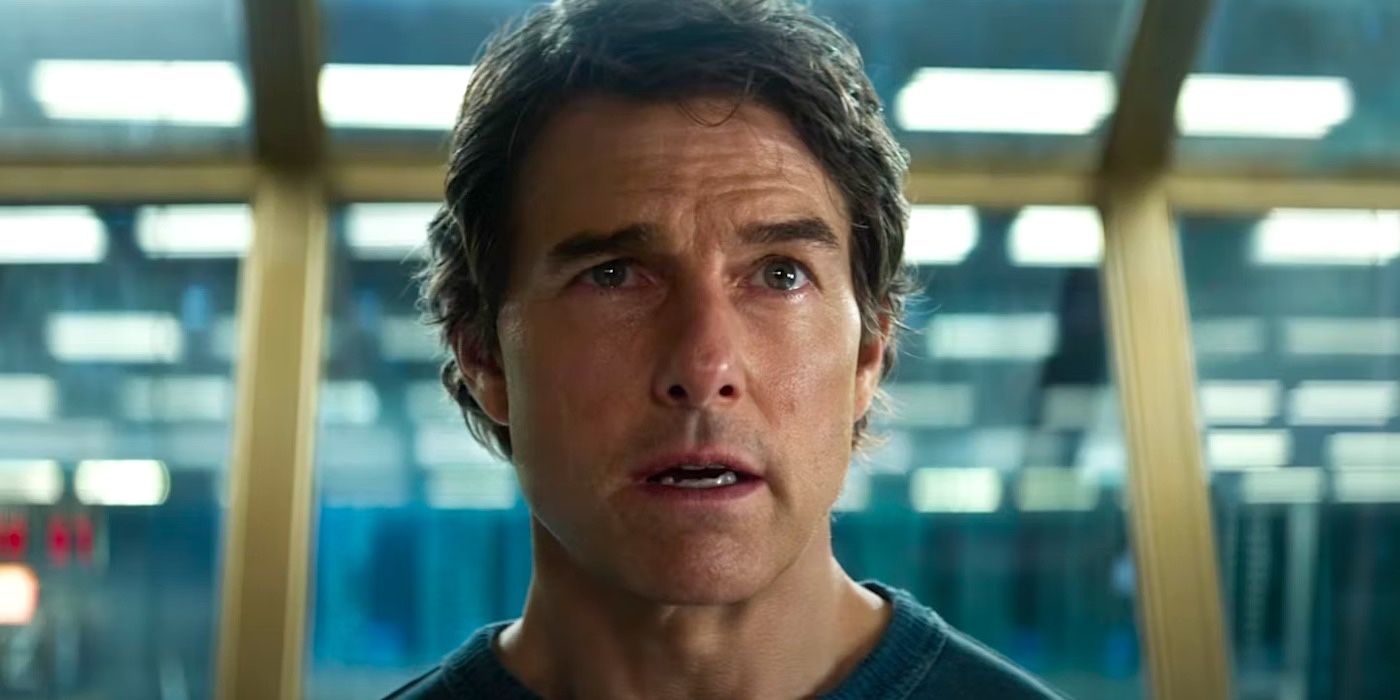
Related
5 ‘Mission: Impossible’ Movies That Were Never Made (And Why)
There have been more than a few scrapped ideas in the ‘Mission: Impossible’ franchise.
2
A Consistent Style and Tone
Fans of the TV show knew what to expect in each episode. There’d be a taped message explaining the mission, a dossier review, a detailed planning montage, and the execution of the mission that appeared impossible. Every character also had clear, defined roles. Regarding the movies, only the McQuarrie installments felt consistent. Woo’s version felt like a standard action thriller, De Palma’s version felt noir-ish, and Abrams’ version was melodramatic.
Uniformity Is Key
Once again, Cruise and Paramount cannot really be blamed for this. There is never a guarantee that each director will get what the franchise is truly about and stick to it instead of trying to leave their fingerprints on everything. The decision to hire John Woo baffles fans the most, since Mission: Impossible 2 is nothing like the rest of the franchise. It could have worked better as a standalone movie. Thankfully, Cruise finally got it right when he brought McQuarrie on board. We bet Brad Bird would have ensured some uniformity, too, if he had been allowed to continue after Ghost Protocol.
The Mission: Impossible TV show danced to the tune of the news from time to time. Several episodes focused on the Cold War, notably “The General,” where a rogue general becomes hellbent on launching a strike against the Soviet Union. Others, like “The Mercenaries,” focused on the exploitation of African resources by foreign countries, while “Action” was about.
Maintaining a Connection to the Real World
By allegorizing the endless tumult of its era, the show often built the action into surreal, explosive, and enlightening climaxes. By touching on trending geopolitical issues, the series also felt closer to the real world. Viewers could believe that agents like these existed somewhere. Unfortunately, the movies feel too fictional and never make a proper effort to dissect the moral failings of world governments. How possible is it for a single sentient AI system to terrorize the entire world? The majority of the widely appreciated spy movies cover real-world issues rather than concepts that are far removed from reality.
Source link








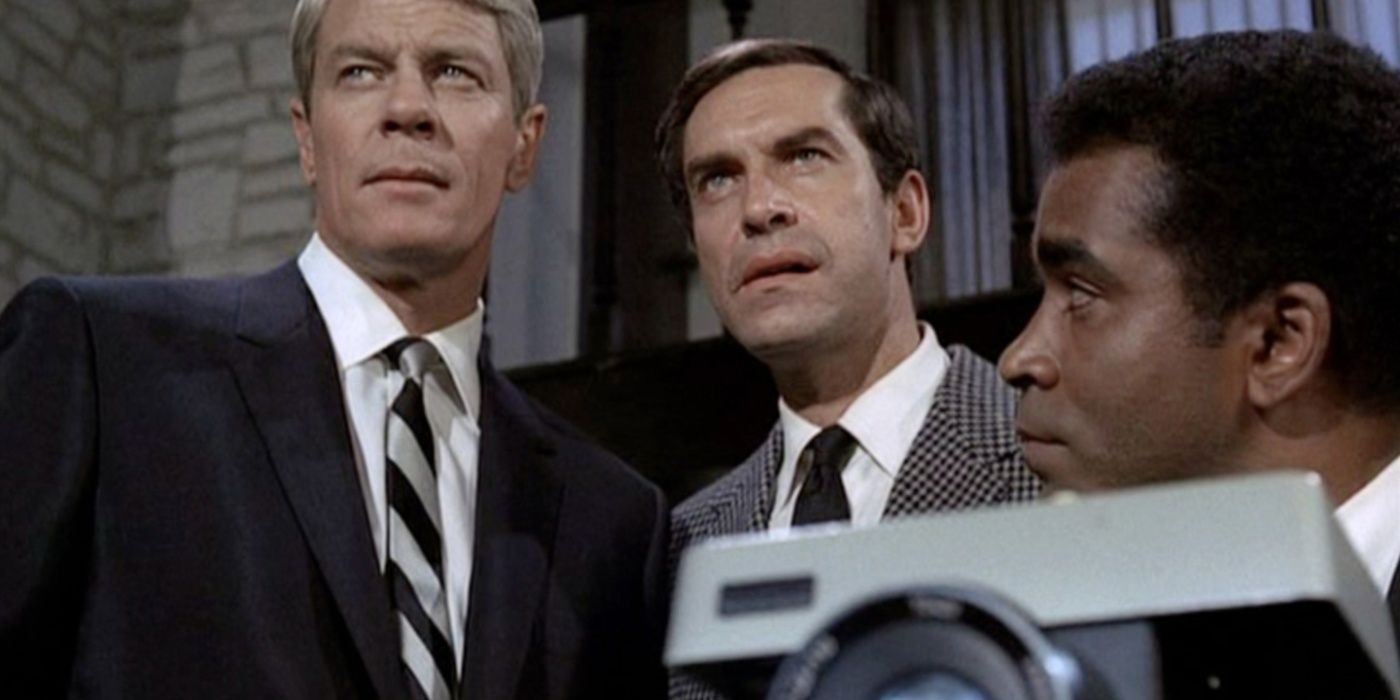
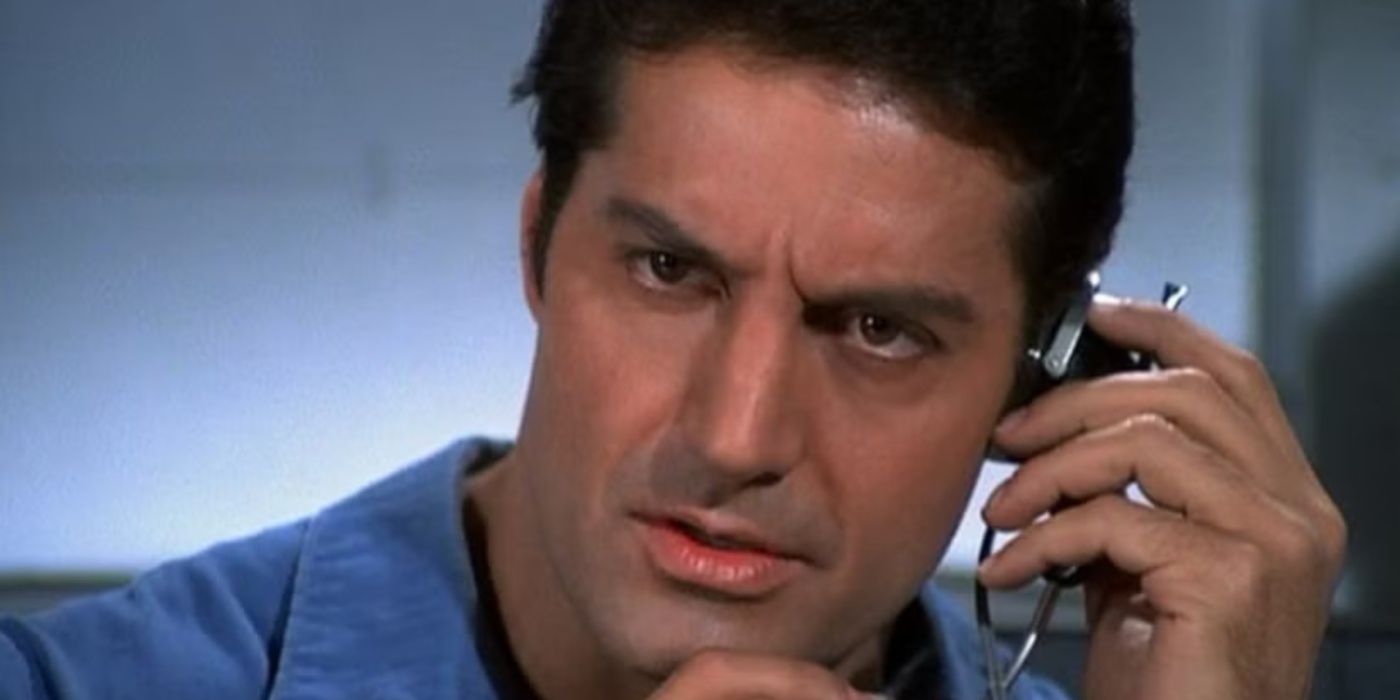
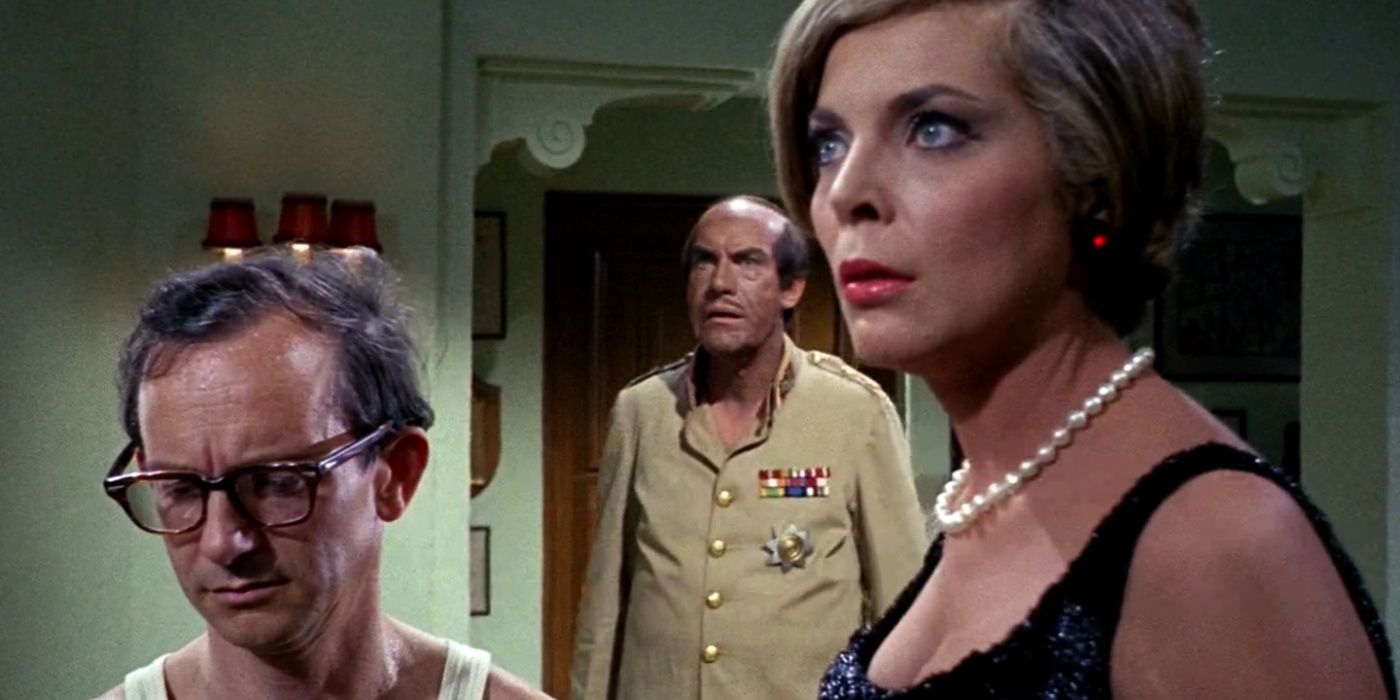
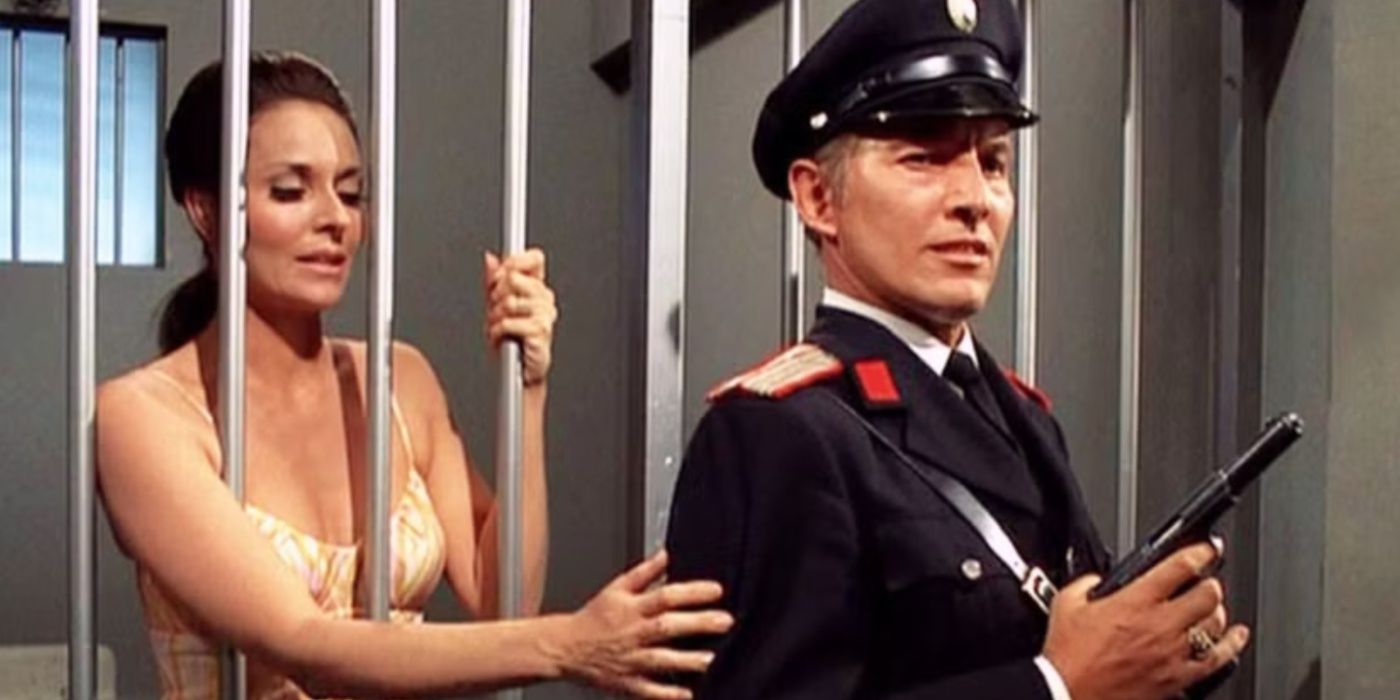
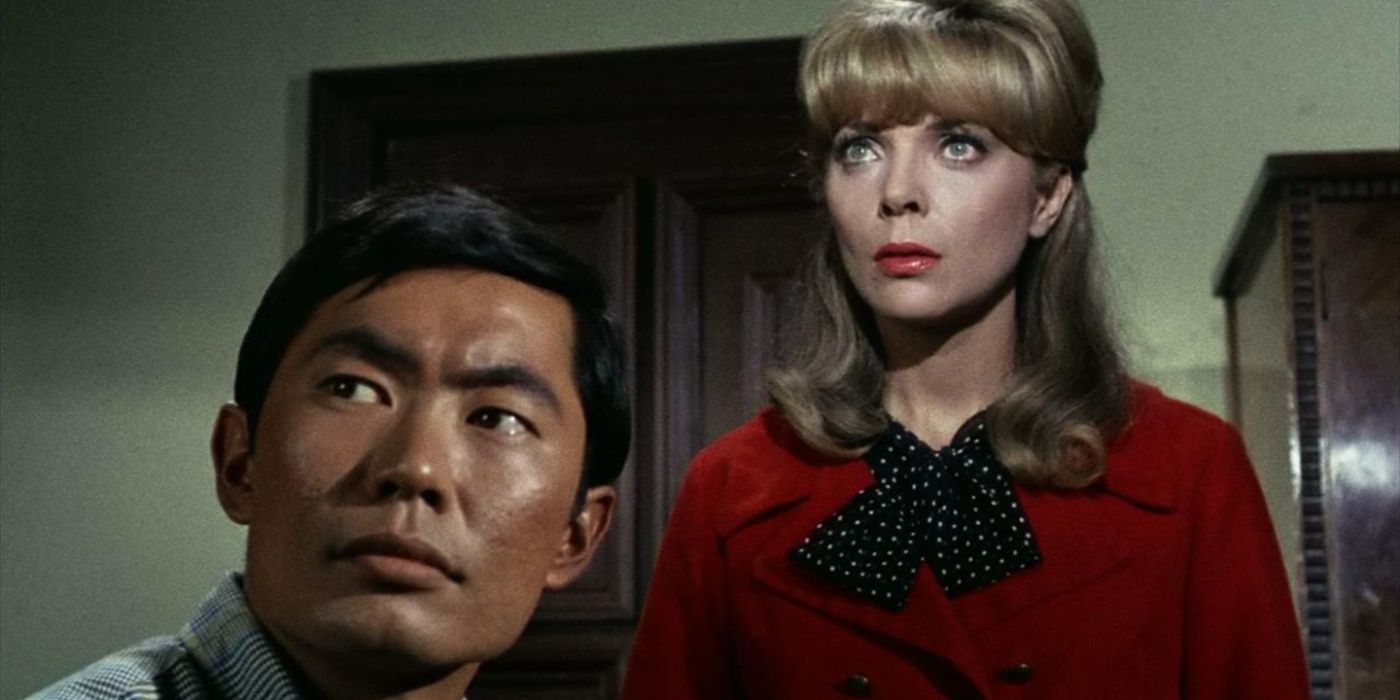
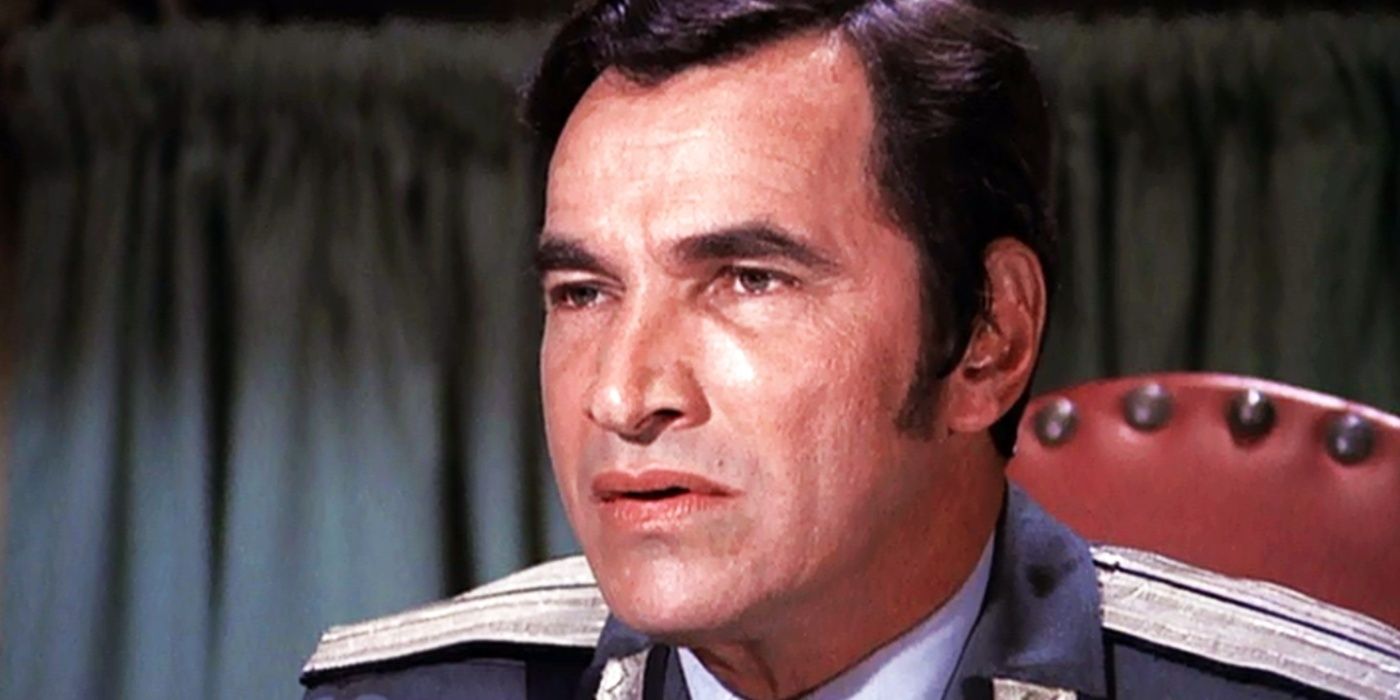








Add Comment